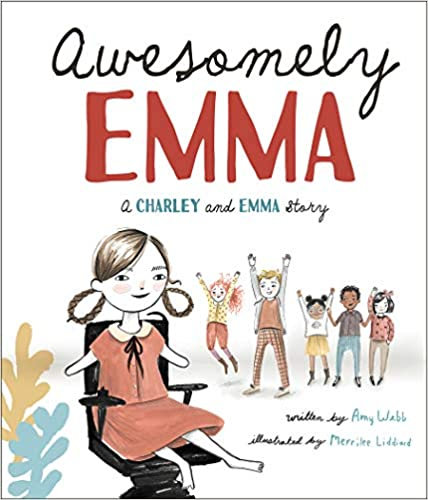
We collect basic website visitor information on this website and store it in cookies. We also utilize Google Analytics to track page view information to assist us in improving our website.
Reading a new book can be a magical experience. Books can transport us to another time and place and introduce us to new ideas, people, and beliefs. The amazing thing about books is they can become anything the author wants them to be. Authors can create new worlds where anything is possible. Why is it then, that there still seems to be a lack of representation for people with disabilities and exceptionalities?
Finding a book that is representative of people with disabilities and/or is written by someone who has a lived experience with a disability can be challenging. Books about people with disabilities are often written by non-disabled people and can be full of generalizations and stereotypes about disability that can be harmful to the community.
But there are some superb children’s books out there that are suitable for people with and without disabilities to teach kids (and parents too) about acceptance, inclusion, and celebrating differences.
We’ve rounded up a list of some top-rated children’s books featuring characters with exceptionalities. Have a look! Are there any books you’ve read that you’d recommend?
Focus: dyslexia
Aaron Slater, a young boy, loves listening to stories and dreams of writing them himself one day. But when it comes to reading, the letters just look like squiggles to him, and it soon becomes clear he struggles more than his peers. After struggling to write a story of his own, Aaron finds a way to tell his story in a way that is uniquely his.
Printed with a dyslexia-friendly font, Aaron Slater, Illustrator tells the empowering story of a boy with dyslexia who discovers that his learning disability may inform who he is, but it does not define who he is, and that there are many ways to be a gifted communicator.
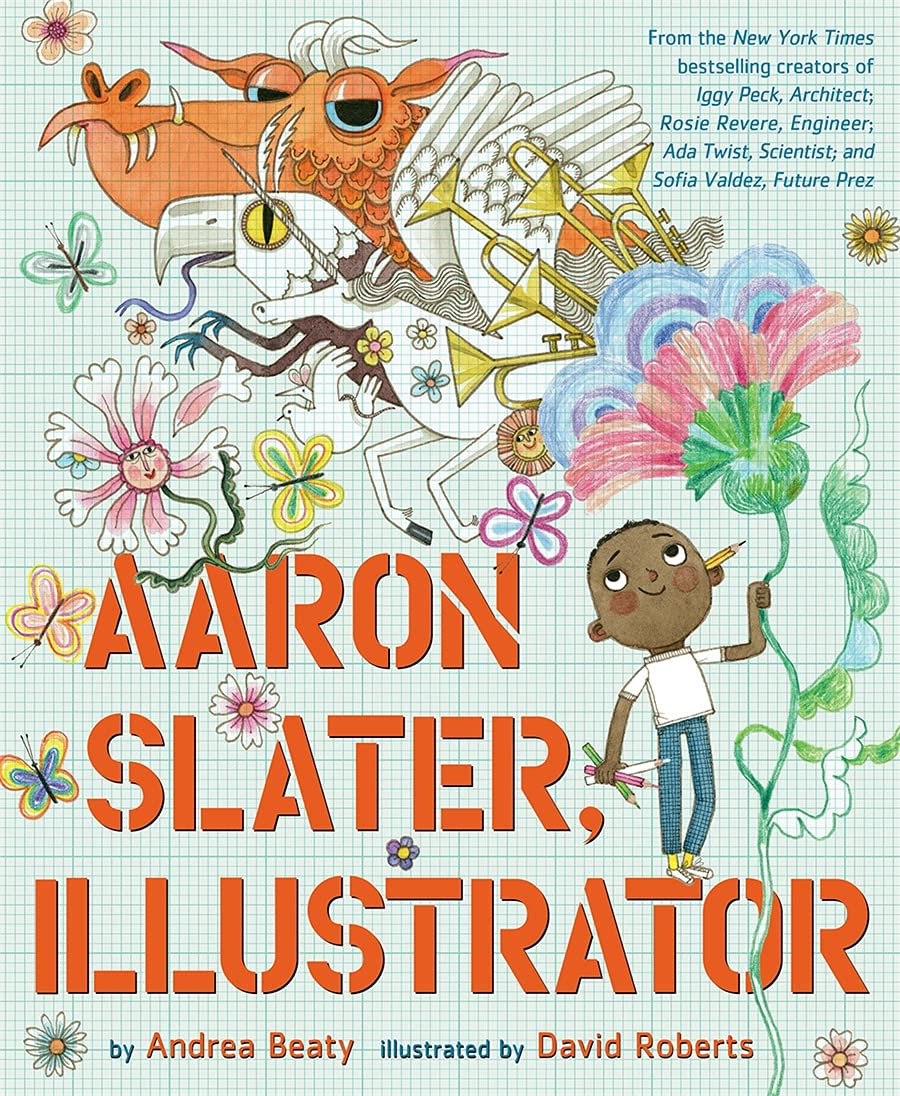
Focus: Down syndrome & embracing differences
Macy is a girl who's a lot like you and me, but she's also quite different, which is a great thing to be. With kindness, grace, and bravery, Macy finds her place in the world, bringing beauty and laughter wherever she goes and leading others to find delight in the unique design of every person.
Children are naturally aware of the differences they encounter at school, in their neighborhood, and in other everyday relationships. They just need to be given tools to understand and appreciate what makes us "different," permission to ask questions about it, and eyes to see and celebrate it in themselves as well as in those around them.
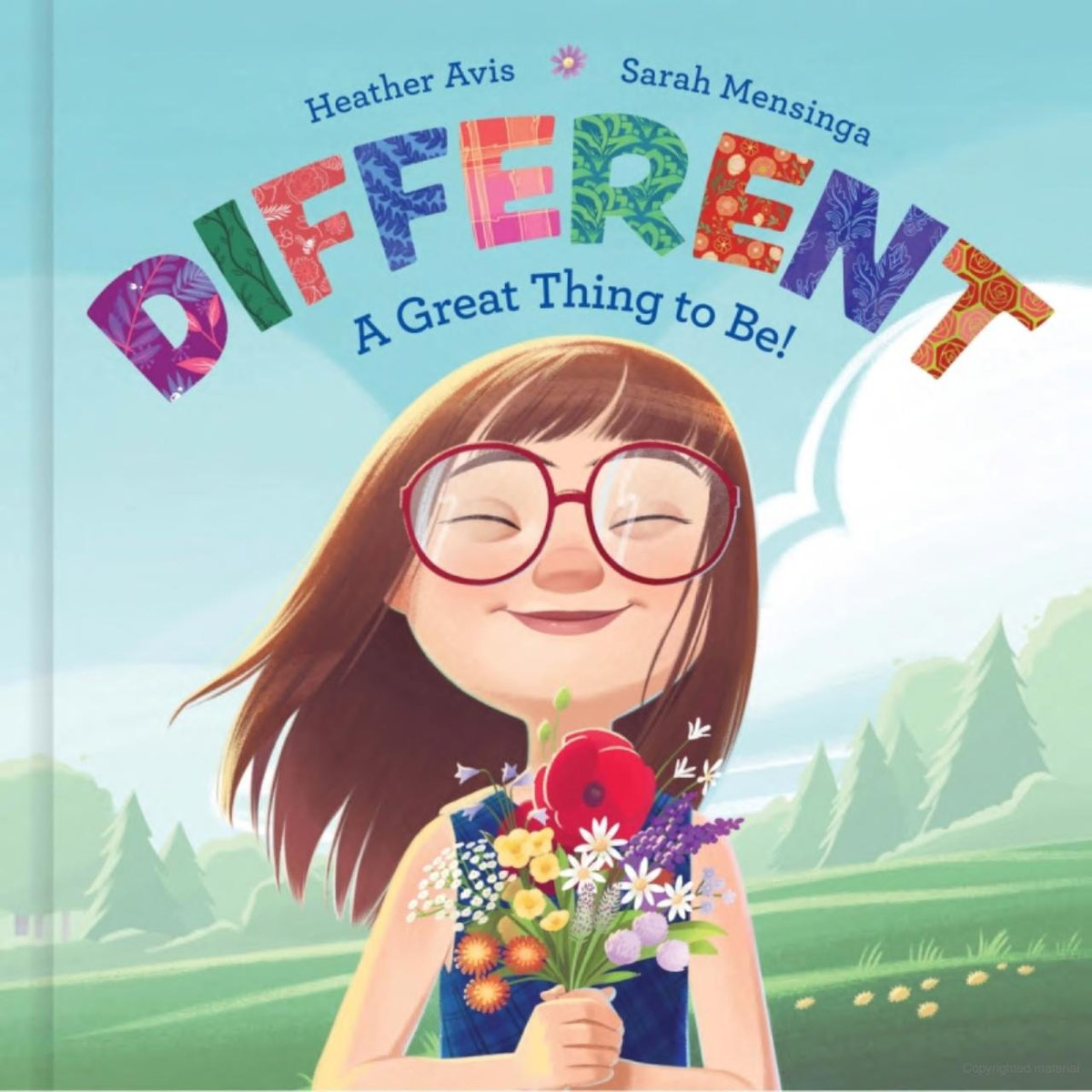
Focus: anxiety, ASD, emotional sensitivity
The Boy with Big, Big Feelings is relatable for any child -- especially kids experiencing anxiety, extreme emotions, autism, or who have been diagnosed as a Highly Sensitive Person. Beautifully illustrated and written in rhyming verse, children and adults explore the whole spectrum of feelings and readers navigate the emotional challenges they face throughout the day.
The boy with big, big feelings tries to cope by stuffing down his feelings, but with a little help and artistic inspiration, the boy realizes his feelings are something to be celebrated.
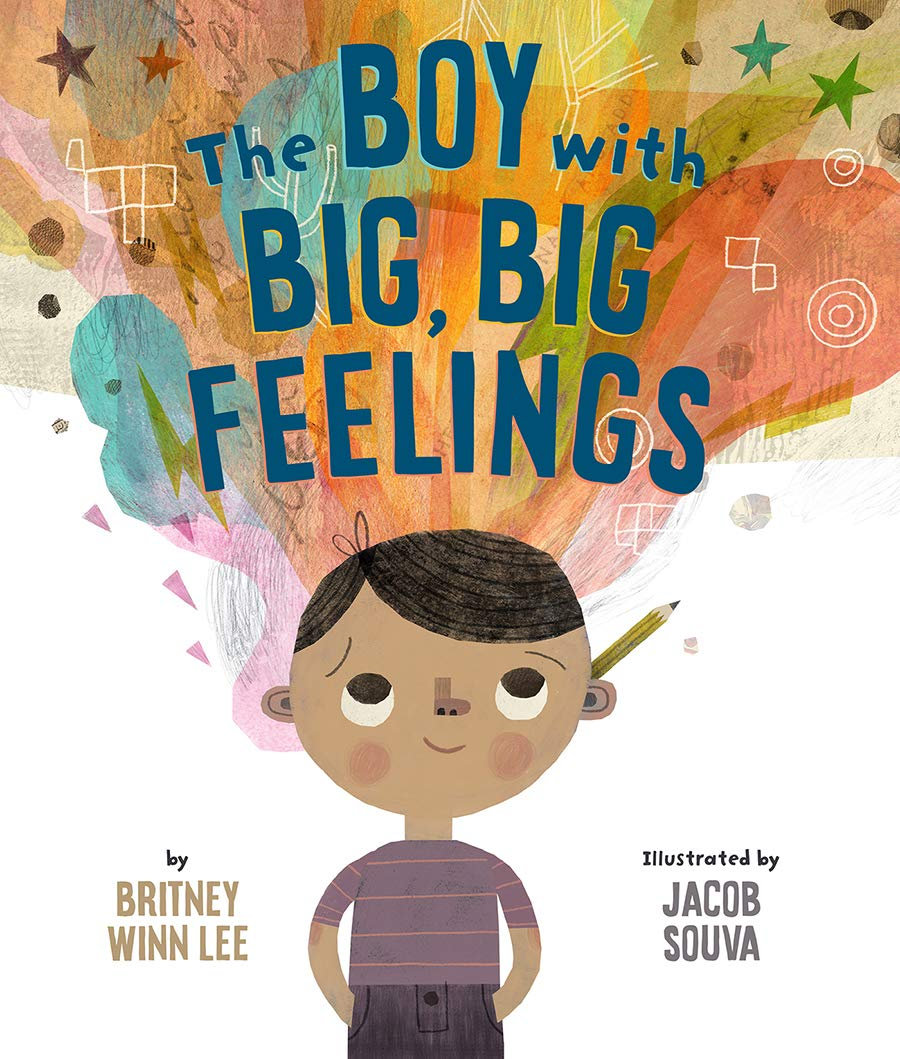
Focused: Deafness, ASL, accommodations
Isaac Millman tells Moses Goes to a Concert in pictures and written English, and in American Sign Language (ASL), introducing hearing children to the signs for some of the key words and ideas.
Moses and his school friends are deaf, but like most children, they have a lot to say. They communicate in American Sigh Language, using visual signs and facial expressions. Even though they can't hear, they can enjoy many activities through their other senses. This story follows Moses and his classmates on a fieldtrip to a concert, where his teacher makes special accommodations to make this particular concert a special event.
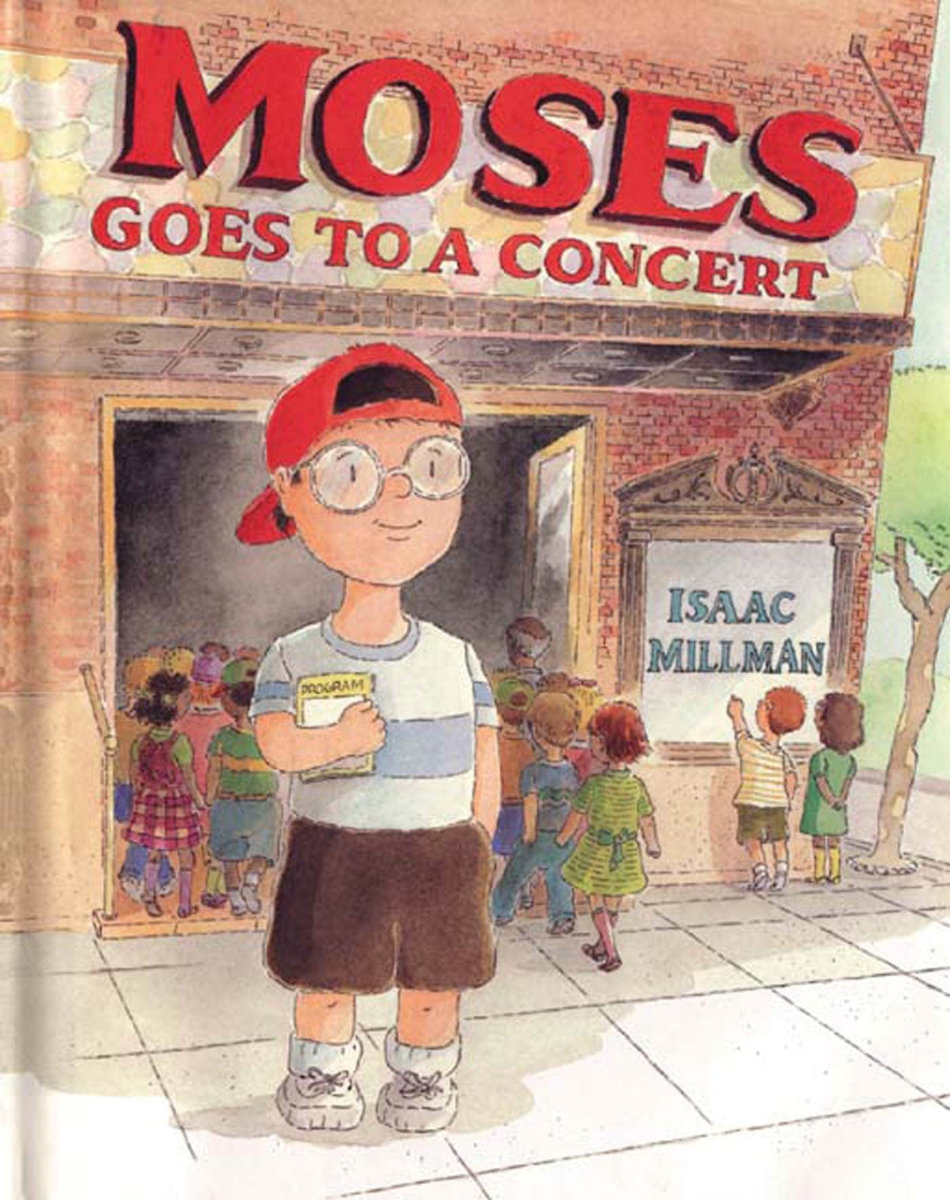
Focus: accessibility at school, embracing diversity
How do I find my way around school? This Is My School gives young readers the grand tour through all the rooms and special areas that make up an elementary-school building. Featuring playful illustrations that embrace diversity, and led by a 1st-person student narrator, the tour takes kids to the front office, the library, the gym, the nurse's office, and other rooms and showcases accessible locations along the way.
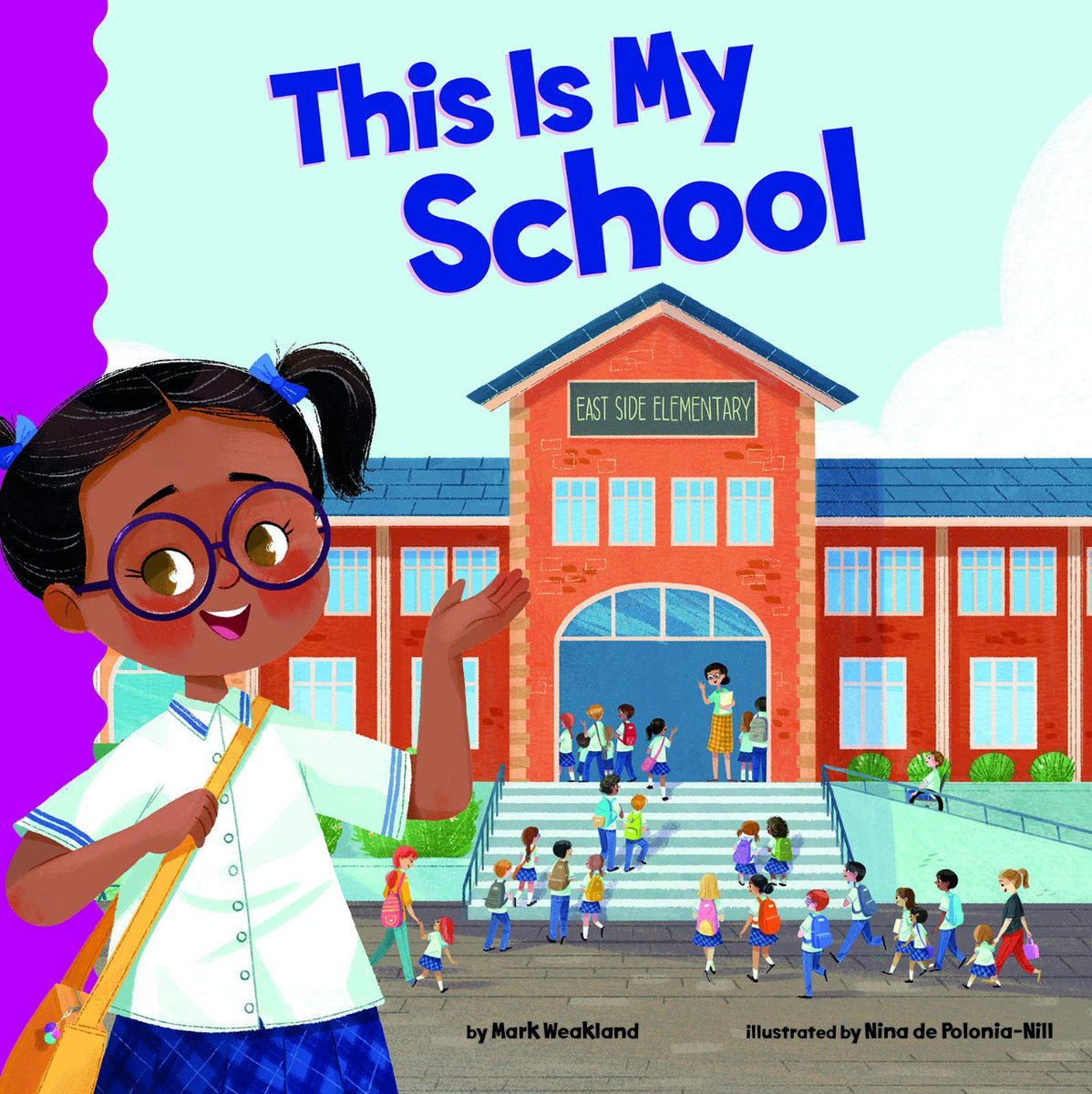
Focus: celebrating differences
In Just Ask, United States Supreme Court Justice Sonia Sotomayor celebrates the different abilities kids (and people of all ages) have. Using her own experience as a child who was diagnosed with diabetes, Justice Sotomayor writes about children with all sorts of exceptionalities -and looks at the special powers those kids have as well. As the kids work together to build a community garden, asking questions of each other along the way, this book encourages readers to do the same: When we come across someone who is different from us but we're not sure why, all we have to do is Just Ask.
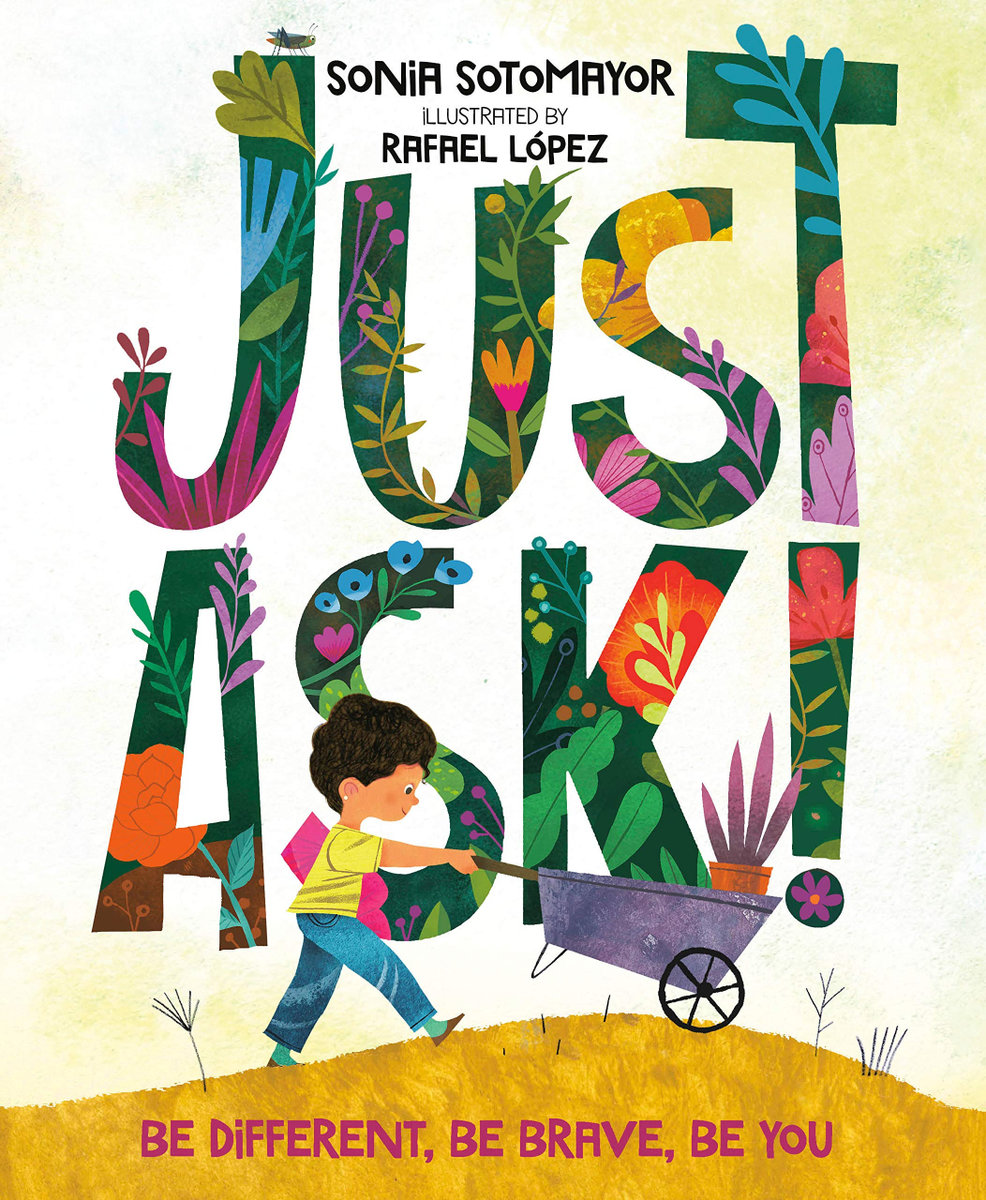
Focus: limb differences, accessibility challenges
Emma has limb differences, but different isn't bad, sad, or strange. It's just different! But when some accessibility problems get in the way at the local art museum, it ruins the fun of a class trip...and then Emma's friend Charley makes things even worse! In the middle of a really bad day, Emma has to call upon her sense of inner awesome to stand up for herself and teach everyone a lesson about the transformative power of feeling awesome in your own skin.
